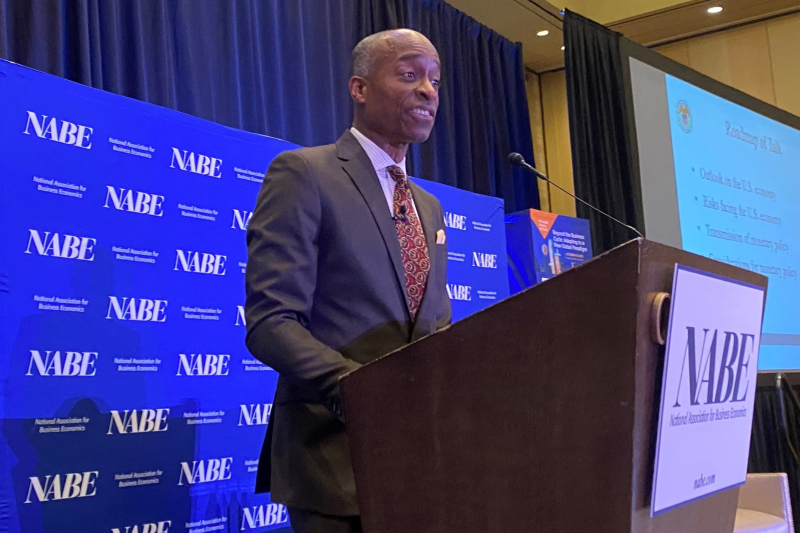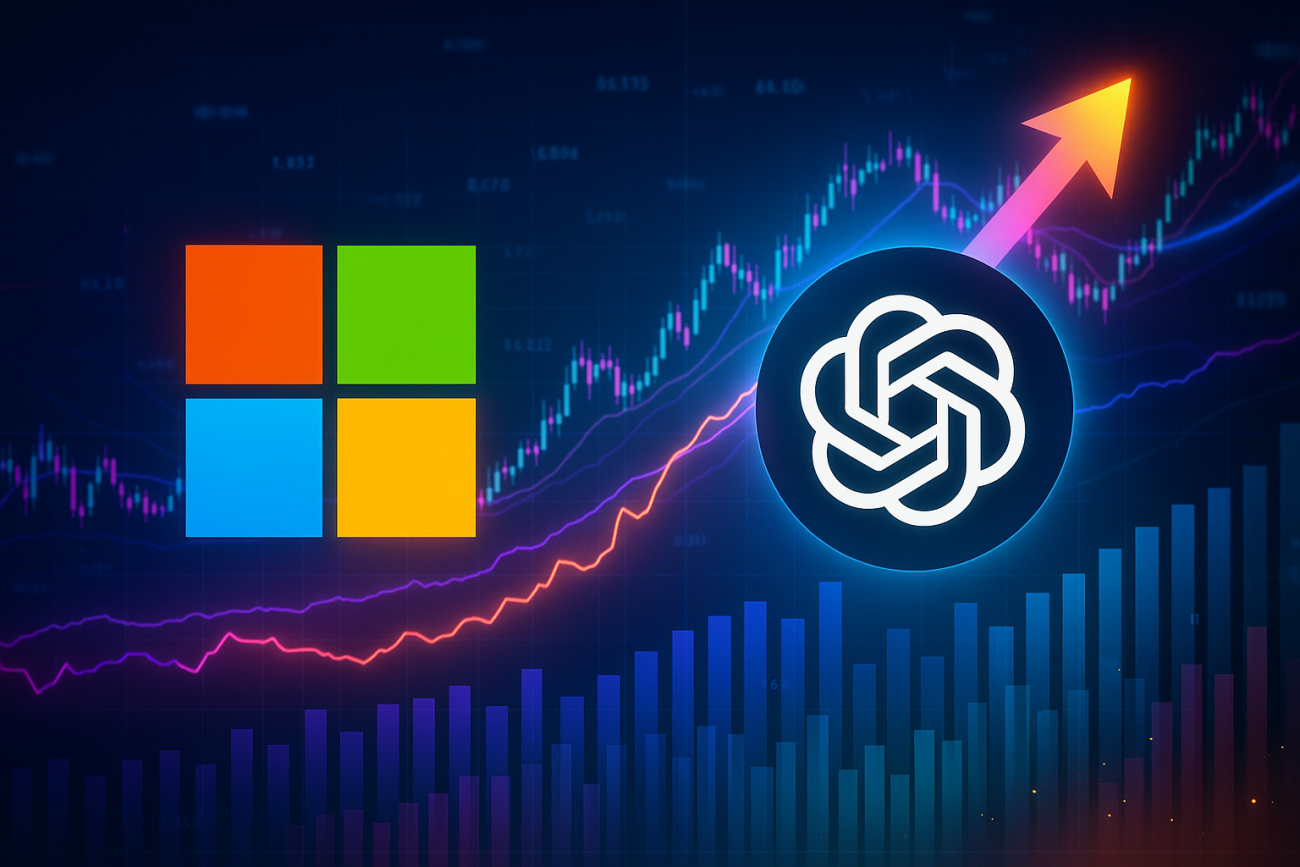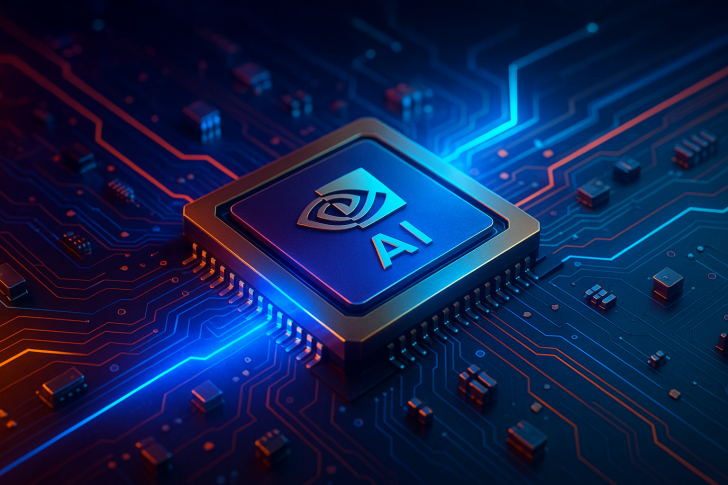⬤ Federal Reserve Vice Chair Philip Jefferson made it pretty clear that what's happening with AI right now is nothing like the dot-com mess from back in the day. He pointed to the actual money companies are making—like Nvidia pulling in $35 billion in revenue during Q3—as proof that this AI boom is backed by real business, not just wild speculation. His take comes at a time when everyone's watching AI stocks super closely.

⬤ That said, Jefferson didn't sugarcoat everything. Even though companies like Nvidia and Microsoft are crushing it financially, he admitted nobody really knows how AI's going to shake out for the bigger economy. He mentioned the long-term effects could hit everything from job markets to productivity, plus there's the whole issue of AI systems needing massive amounts of electricity. All this makes it tough to figure out exactly what AI means for the economy, especially when tech stocks keep bouncing around.
The substantial earnings delivered by companies like Nvidia show the AI sector is being driven by real profitability rather than hype.
⬤ Jefferson's comments show the Fed's being pretty careful about how they're reading AI's economic signals. While he shot down any direct comparisons to the dot-com crash, he made it clear the Fed's going to stick with actual data instead of guessing when it comes to figuring out how AI investments might affect inflation, jobs, and growth. His view lines up with the general feeling that the AI boom's backed by strong company performance, but there's still enough unknowns that the Fed needs to stay measured.

⬤ Why Jefferson's take matters is simple: how the Federal Reserve sees the AI sector shapes what people expect for monetary policy and market stability. With Nvidia continuing to lead the conversation around AI profits and economic impact, the Fed's balanced view highlights both how solid the sector's fundamentals are and why they need to keep watching for potential risks. As AI keeps spreading across industries, the economic story will stay tied to how companies like Nvidia turn innovation into consistent financial results.
 Usman Salis
Usman Salis

 Usman Salis
Usman Salis


